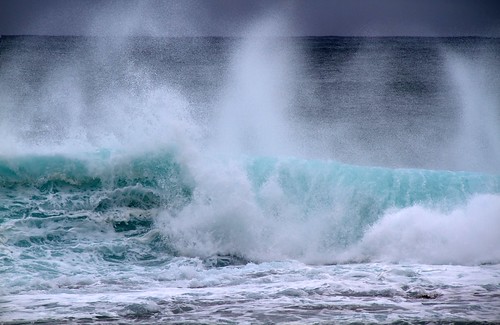Welcome to episode 182 (“Awash in Digital News”) of the EdTech Situation Room from July 1, 2020, where technology news meets educational analysis. This week Jason Neiffer (@techsavvyteach) and Wesley Fryer (@wfryer) discussed our need for media literacy and information filtering strategies, and our ongoing “technology correction” reflected in advertiser protest pressure on Facebook for content moderation. The exciting announcement by Microsoft to offer a public beta of Minecraft Education Edition on Chromebooks, significant announcements by Apple at WWDC 2020 last week, Google’s privacy changes for new users, and potential dangers of CRISPR human genome editing were other topics addressed in the show. Wes’ Geeks of the Week included a support article about providing handwritten feedback on Google Docs via an iPad and Google Classroom, Google Meet tips and tricks, and Kast (a software program for watching web videos together). Jason’s Geek of the Week was a new “undelete” utility for Windows10 users. Our show was live streamed and archived simultaneously on YouTube Live as well as our Facebook Live page via StreamYard.com. Please follow us on Twitter @edtechSR for updates, and join us LIVE on Wednesday nights (normally) if you can at 10 pm Eastern / 9 pm Central / 8 pm Mountain / 7 pm Pacific or 3 am UTC. All shownotes are available on http://edtechSR.com/links.
- EdTech Situation Room Listener Survey: wfryer.me/edtechsr
- Follow @edtechSR on Twitter!
- Audio podcast feed (Subscribe with iTunes or Stitcher)
- Video version on YouTube
- Check out our video podcast feed and subscribe to our YouTube Channel (episodes also in this YouTube playlist)
- Jason Neiffer (@techsavvyteach) – blog: blog.ncce.org
- Wes Fryer (@wfryer) – blog: speedofcreativity.org – Media Literacy resources: medialiteracy.wesfryer.com
- Our Ability to Process Information Is Reaching a Critical Limit (One Zero; 28 June 2020)
- You Are Here: A Field Guide for Navigating Polarized Speech, Conspiracy Theories, and Our Polluted Media Landscape by Whitney Phillips (@wphillips49) and Ryan M. Milner (@rmmilner) – free online book – fantastic perspectives on media literacy
- Summer Institute on Digital Literacy by @MedEduLab
- Journalists believe news and opinion are separate, but readers can’t tell the difference (The Conversation; 22 June 2020)
- Facebook Groups Are Destroying America (Wired, 17 June 2020)
- YouTube bans Stefan Molyneux, David Duke, Richard Spencer, and more for hate speech (Verge, 29 June 2020)
- The Making of a YouTube Radical (NY Times, Kevin Roose, 8 June 2019) – also see the “Rabbit Hole” Podcast
- Advertisers are running from Facebook. What’s next? (Engadget, 30 June 2020)
- Join the Minecraft: Education Edition Chromebook Beta (Minecraft EE, 29 June 2020)
- Apple will let you port Google Chrome extensions to Safari (TechCrunch, 25 June 2020)
- Marques Brownlee’s Video: WWDC 2020 Impressions: Widgets and The Great Transition! (22 June 2020)
- Google just announced it will automatically delete your location history by default (Verge, 24 June 2020)
- Google Will Delete Your Data by Default—in 18 Months (Wired, 24 June 2020)
- CRISPR gene editing in human embryos wreaks chromosomal mayhem (Nature 25 June 2020)
- Help Students Fight Misinformation One Click at a Time (KQED Education, 30 June 2020)
- Wes’ Geeks of the Week: Google Classroom – Draw or Annotate on Student Work and Google Meet Tips and Tricks (Carrie Lopez, MSON Conference) and Kast (share videos live)
- Jason’s Geek of the Week: Windows New Undelete File Utility
